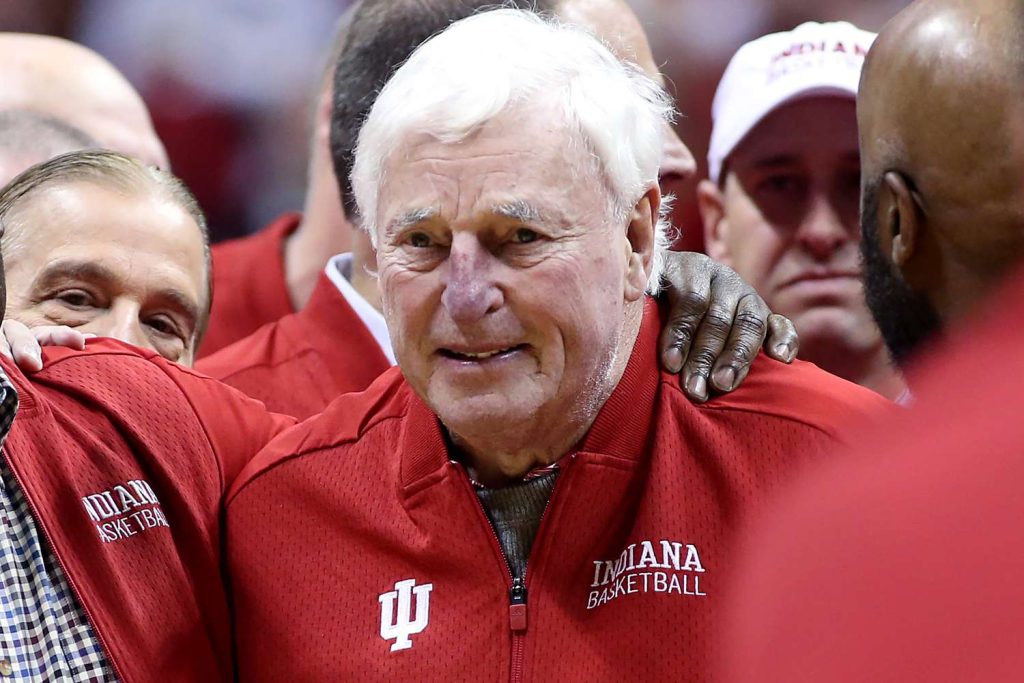Fashion 2023
Hall of Fame basketball coach Bobby Knight has died at 83
Remembering Bobby Knight: A Look Back at His Legendary Coaching Career
Bobby Knight, the legendary college basketball coach, passed away on Sunday, April 11, 2021, at the age of 84. Knight was one of the most successful and influential coaches in the history of the sport, winning three NCAA championships and 11 Big Ten titles during his illustrious career.
Knight began his coaching career in 1965 at Army, where he led the team to a pair of NCAA tournament appearances. He then moved on to Indiana in 1971, where he would become one of the most successful coaches in college basketball history. During his 29-year tenure at Indiana, Knight led the Hoosiers to 11 Big Ten titles, five Final Fours, and three NCAA championships. He also won the Naismith College Coach of the Year award three times and was inducted into the Naismith Memorial Basketball Hall of Fame in 1991.
Knight was known for his intense coaching style and his fiery temper. He was often seen berating players and referees during games, and was even suspended for a game in 1985 for throwing a chair across the court. Despite his sometimes volatile behavior, Knight was respected by his players and peers for his commitment to excellence and his ability to get the most out of his teams.
Knight retired from coaching in 2008 and was inducted into the College Basketball Hall of Fame in 2011. He will be remembered as one of the greatest coaches in college basketball history, and his legacy will live on for generations to come.
The Impact of Bobby Knight on College Basketball: How He Changed the Game
Bobby Knight is widely regarded as one of the greatest college basketball coaches of all time. During his tenure as head coach of the Indiana Hoosiers, he revolutionized the game of college basketball and left an indelible mark on the sport.
Knight was known for his intense coaching style and his commitment to excellence. He was a master tactician who was able to get the most out of his players. He was also a disciplinarian who demanded that his players adhere to a strict code of conduct. He was a firm believer in the importance of fundamentals and was known for his emphasis on defense.
Knight’s teams were known for their tenacious defense and their ability to execute in the clutch. He was also a master motivator who was able to get his players to play their best when it mattered most. His teams were known for their ability to come from behind and win close games.
Knight’s teams were also known for their ability to win championships. During his tenure at Indiana, he led the Hoosiers to three NCAA championships and 11 Big Ten titles. He also led the team to 11 Final Fours and was named National Coach of the Year five times.
Knight’s influence on the game of college basketball was immense. He changed the way the game was played and coached. He was a pioneer in the use of advanced analytics and was one of the first coaches to embrace the three-point shot. He was also one of the first coaches to use full-court presses and zone defenses.
Knight’s legacy is one of success and innovation. He changed the way the game was played and coached and left an indelible mark on the sport. His influence on college basketball will be felt for generations to come.




